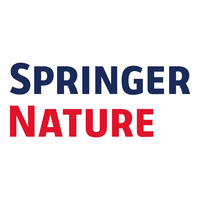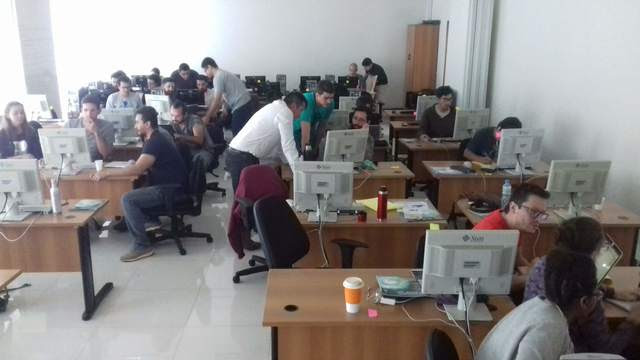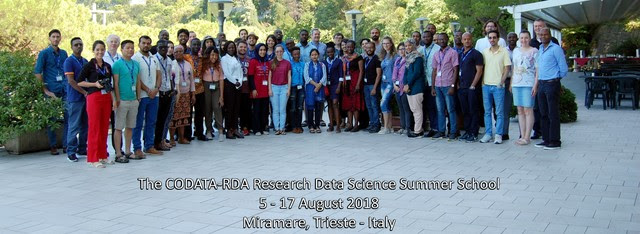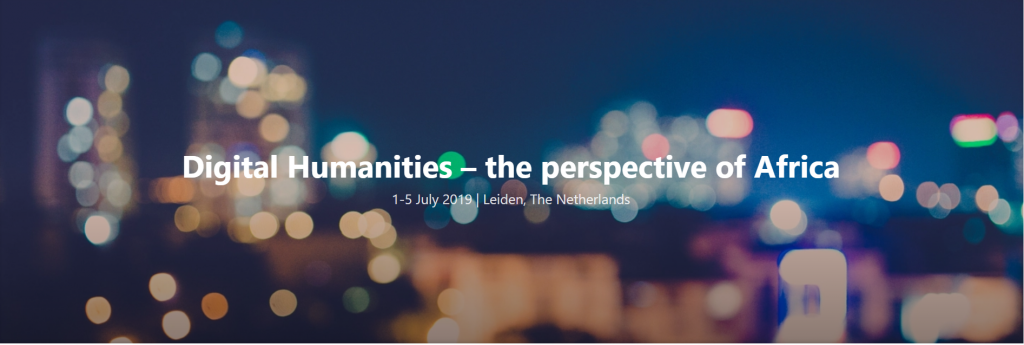 In 2018, the third year of activity, the CODATA-RDA Schools of Research Data Science expanded to five events, with foundational data training in Brisbane, Trieste, Kigali and São Paulo and advanced workshops in Trieste.
In 2018, the third year of activity, the CODATA-RDA Schools of Research Data Science expanded to five events, with foundational data training in Brisbane, Trieste, Kigali and São Paulo and advanced workshops in Trieste.
SpringerNature is a committed and generous supporter of this initiative and part of our collaboration is that participants in the schools have written blogs about their experiences which appear on the SpringerNature Data Dialogues. Three of these blogs relating to the São Paulo school in December 2018 have recently appeared. These are direct and transparent accounts from three student helpers involved in the São Paulo school.
One of the approaches used by the initiative is to arrange for particularly able and enthusiastic students to return as student helpers: this provides invaluable assistance with pedagogy, enhances the experience of the returning student, helps build the social and skilled network around the schools, and creates a community of future instructors and hosts as the initiative expands.
Introducing the CODATA-RDA School of Research Data Science
CODATA-RDA Research Data Science Summer School Trieste 2018.
We have often heard wise heads in the Open Science and FAIR movements say things like the following:
- the major challenge is human rather than technical;
- the size of the data challenge is measured in people rather than in PB…
These student helpers are part of that human solution.
Please follow the links below and enjoy!

An old dog learning new tricksAttending the CODATA-RDA School in 2017 as a student was a breakthrough moment for me.
Opening my head to FAIR scienceMy participation in the CODATA-RDA schools really improved my view regarding what is to be a good scientist. Openness and FAIRness should constantly and consciously be applied as a golden rule. He…
In this blog I discuss the benefits/truth of joining the CODATA-RDA School of Research Data Science. Taking part of the school both as a student and a helper allowed me to see how the school helped…
|


